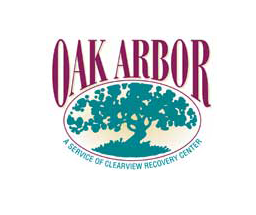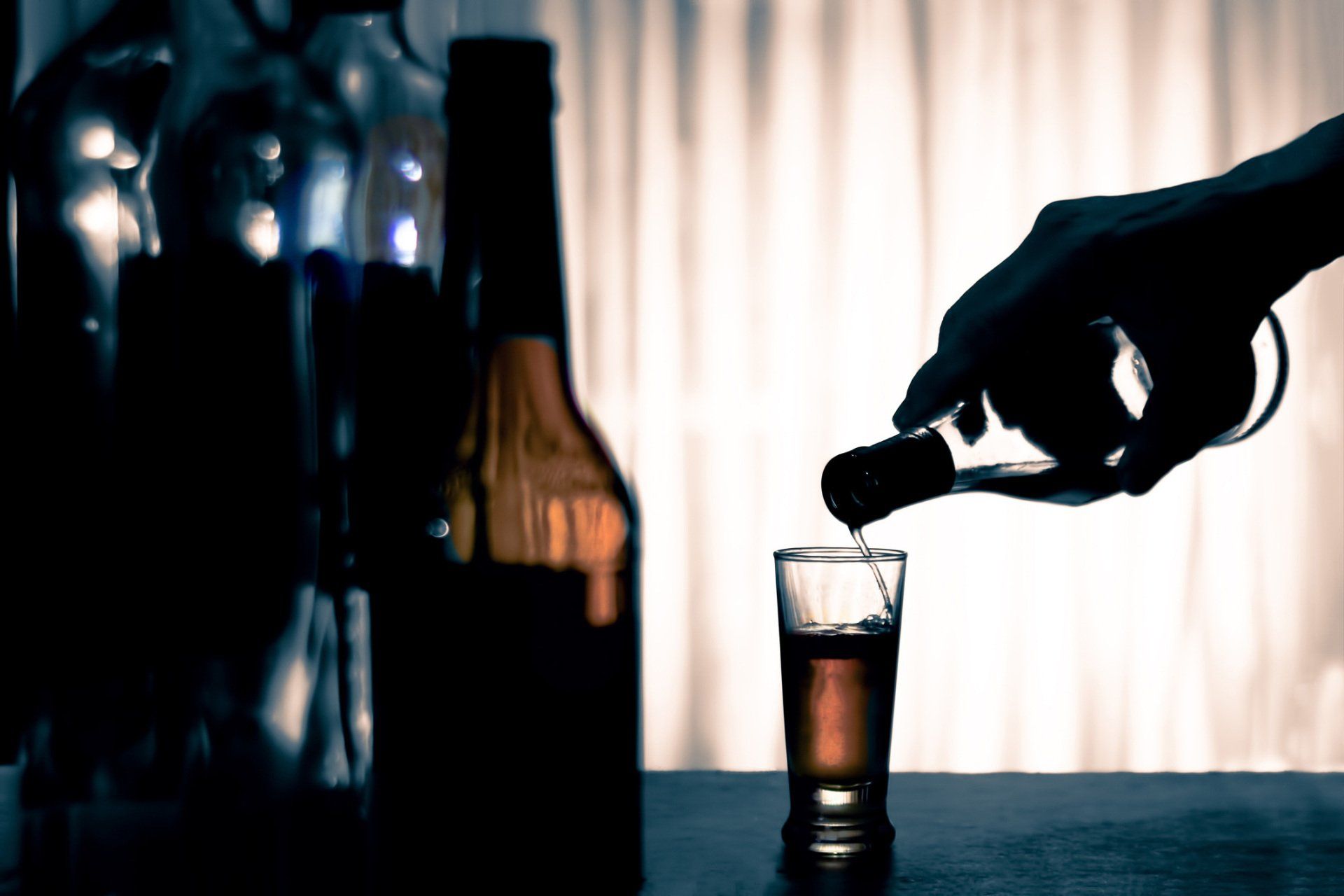How Underlying Depression May Trigger Your Addiction
- By Admin
- •
- 16 Feb, 2022

Life has handed you a few challenges along the way. You've had your fair share of obstacles to overcome, and you've dealt with them by going into survival mode. Unfortunately, addiction has crossed your path. You did the right thing and sought professional treatment. Now you're on the path to getting your life back together.
Post-recovery, some issues have come up. Your depression has reared its ugly head. While it may feel like you're spiraling out of control into a pit of despair, there is help available. Here is why you should address your depression head-on to avoid unforeseen triggers.
Signs and Symptoms of Depression
Do you have feelings of extreme sadness or being overwhelmed? You're not alone. Over 19 million Americans suffer from depression. This means they have at least one major depressive episode annually. Not feeling like yourself can increase your risk of addiction or going back to using once again. Some signs to look for include:
- Bouts of anger and rage
- Crying and feelings of extreme sadness
- Difficulty concentrating or completing tasks.
- Loss of interest
- Persistent low mood
- Thoughts of harming yourself
Being overwhelmed with daily activities can leave you in a mental slump. Depression affects everyone in different ways. But if you're suddenly experiencing feelings of sadness or racing thoughts, you may be looking for a way to calm down. Reaching for alcohol or your drug of choice may feel like a quick fix or an easy way out. Just one sip or one hit won't hurt, you tell yourself. When in fact it can be devastating to your overall recovery.
Consult With Your Primary Care Doctor
If you think you suffer from depression, it's important to get help right away. This starts with your primary medical doctor. They will be able to evaluate your physical and mental health to see if you meet the criteria for a depression diagnosis. From there, they may recommend a treatment regimen that includes psychotherapy and medication. This is important because it will give you additional coping tools that can help prevent a relapse.
Rely on Your Care Team
Once your primary doctor has made a diagnosis, it's time to connect with your care team. This includes the staff and professionals that helped you at your residential treatment program. Contact them right away if you feel any urge to use or have destructive thoughts in your mind. Right away, they will evaluate your situation to determine what type of help you will need. It could be a myriad of professionals, including psychologists, doctors and addiction experts, who will work together to make sure you get past this bump in the road.
They may recommend some outpatient behavioral therapy or one-on-one support sessions to help decipher what's going on. They will work with your primary doctor or a psychiatrist to help get you on the right medication regimen for long-term success.
The Right Exercise and Nutrition Program
If you sought help for an addiction to drugs or alcohol, and never addressed your underlying depression, your body may feel like it is losing control. Or you may turn to other things like eating more as a comfort measure. While addressing depression is an important recovery tool, so is a healthy body overall. One natural remedy that most professionals recommend is diet and exercise. Feed your mind and body with healthy foods from the primary food groups. In addition, combat sadness and excess stress by working out or going for a brisk walk for at least 30 minutes a day.
Long-Term Support
Battling depression is not something you should do alone. Seeking help from professionals is important but reach out to your peers too. If you have a sponsor or group that you're used to, contact them. Your recovery center is a great resource for linking with like-minded individuals who are also battling addiction and depression. Utilize a support team long-term while fighting off the addiction bug.
Reaching out for the right help is pivotal for your future success and recovery. An underlying culprit triggering your addiction could be depression. If you feel depressed, hopeless or overwhelmed, reach out today. The experts at Oak Arbor are there to help. All it takes is one small step in the right direction. Reclaim your life and your peace of mind today!





